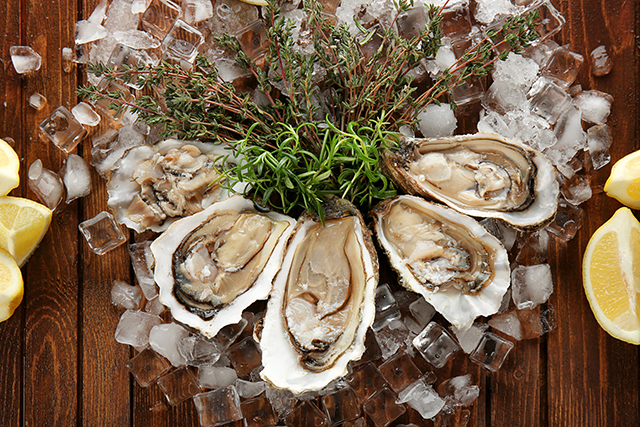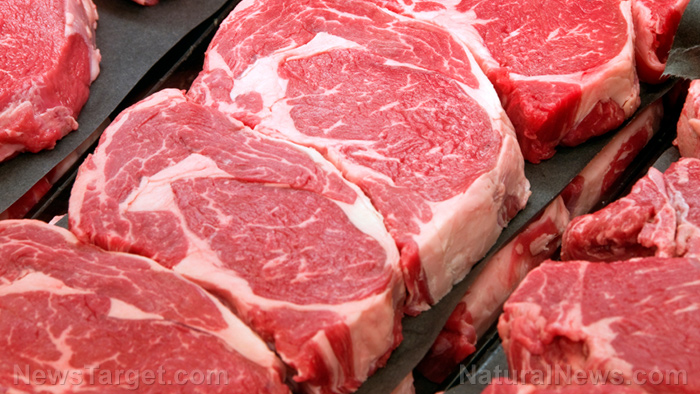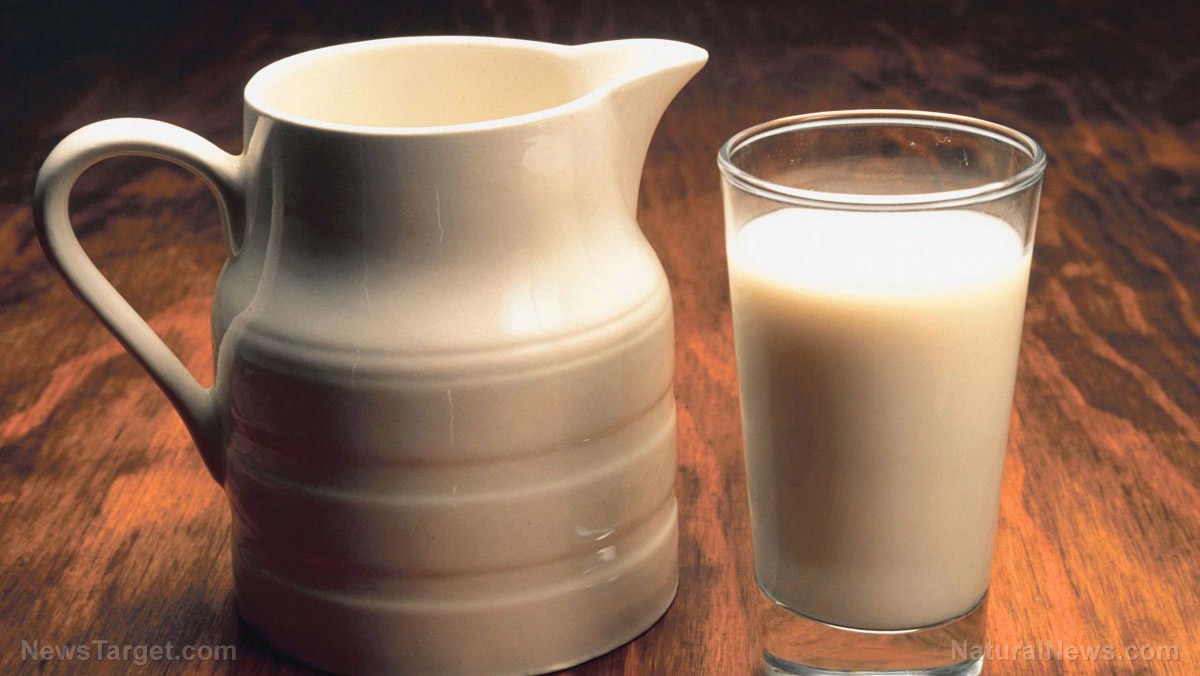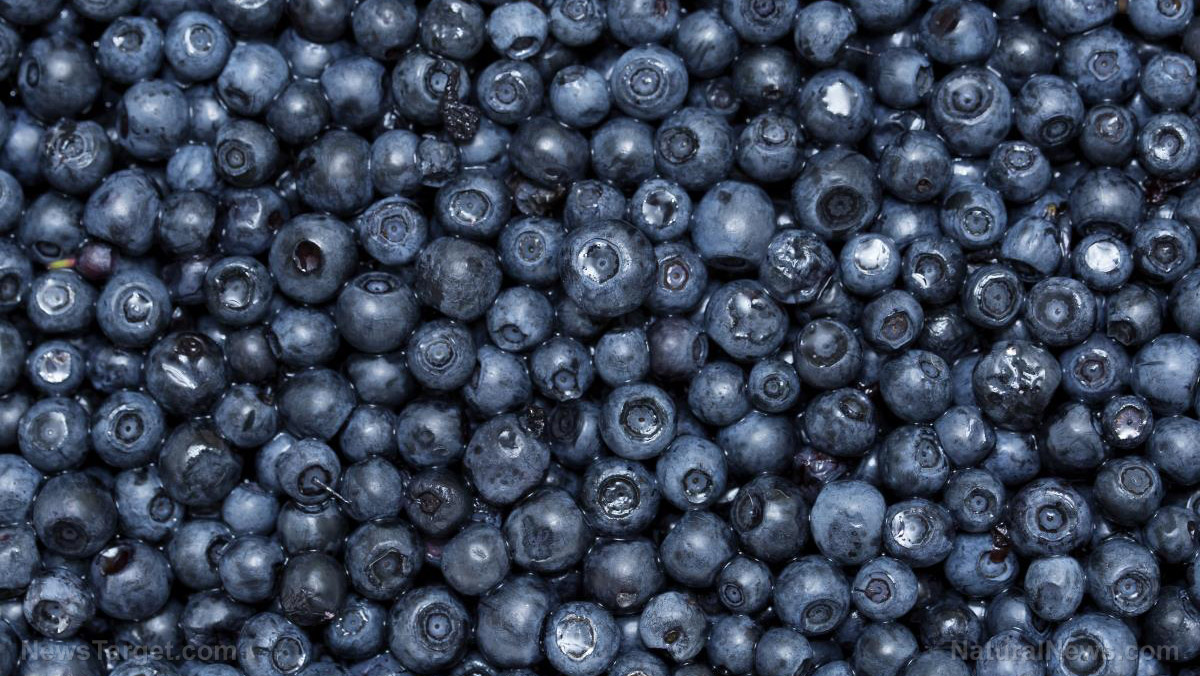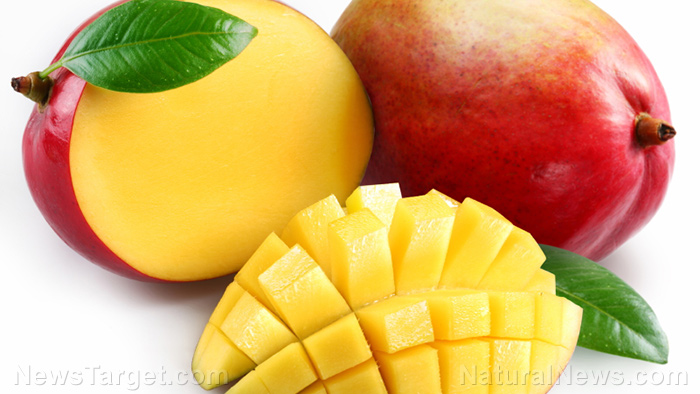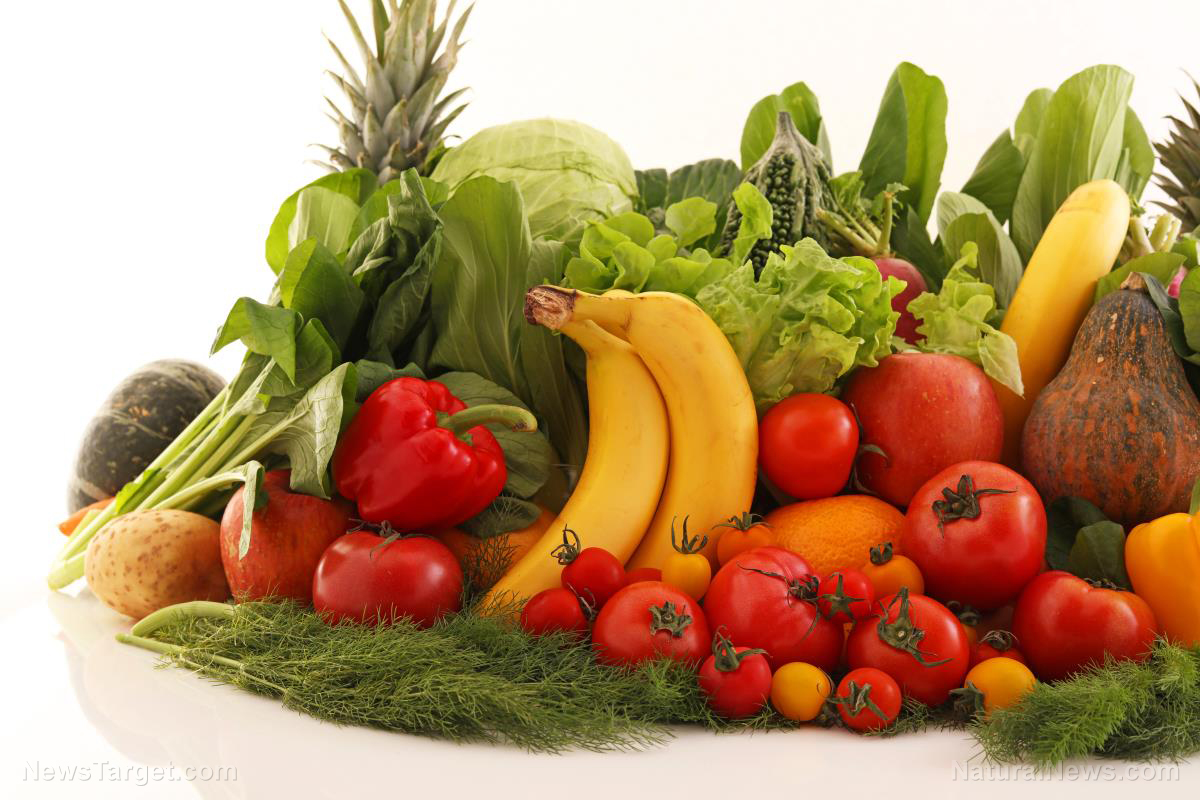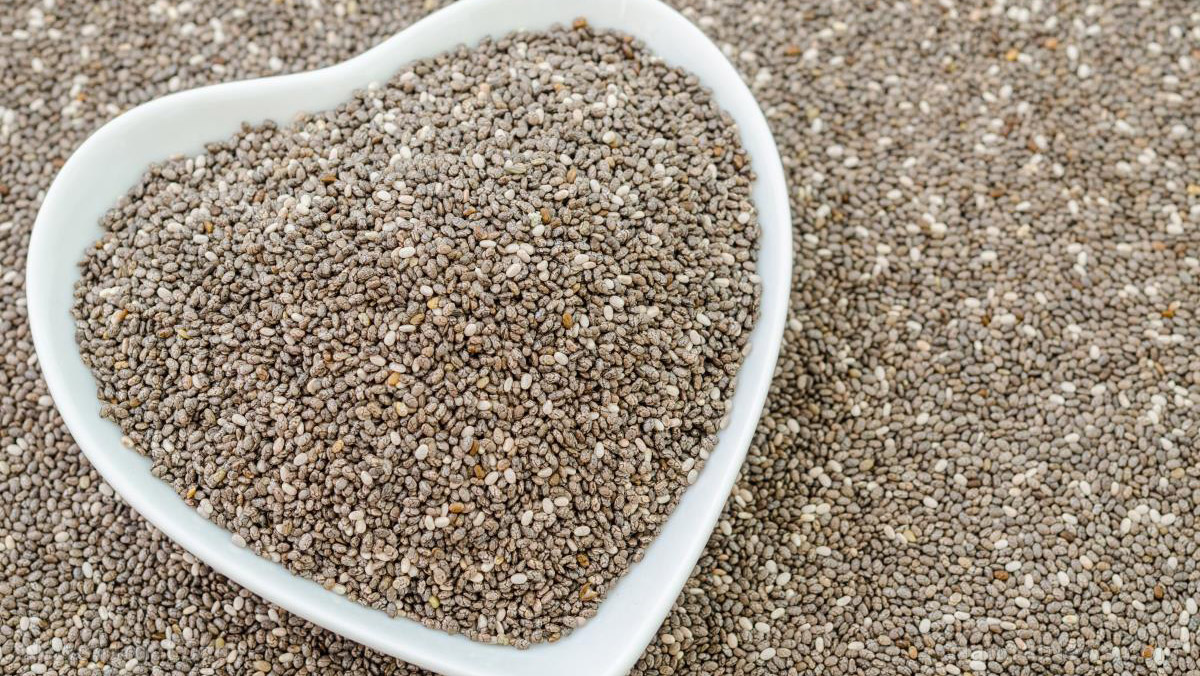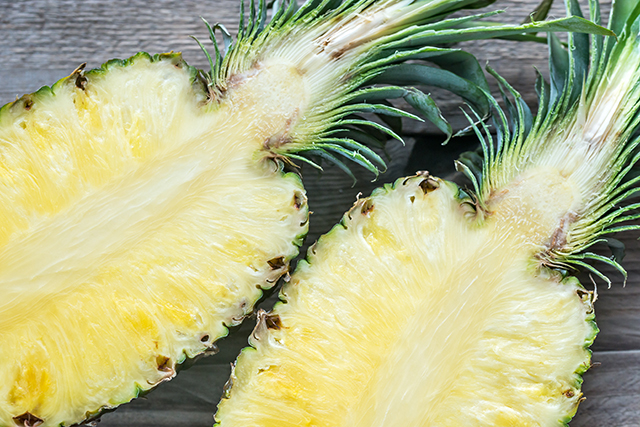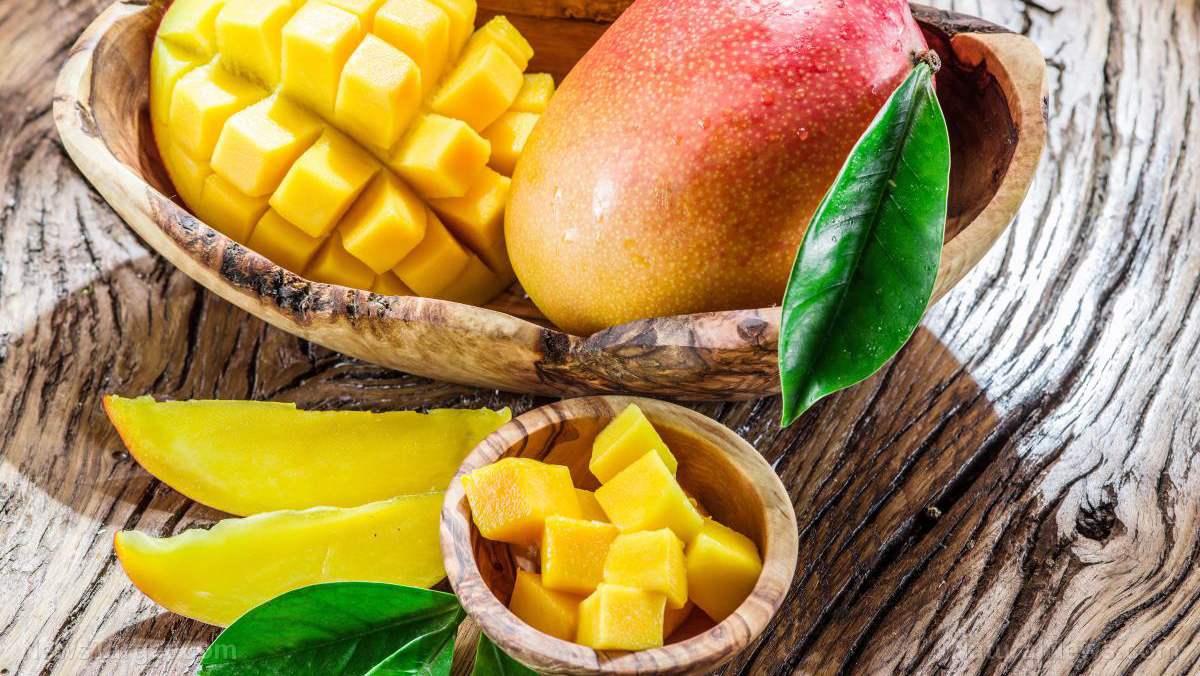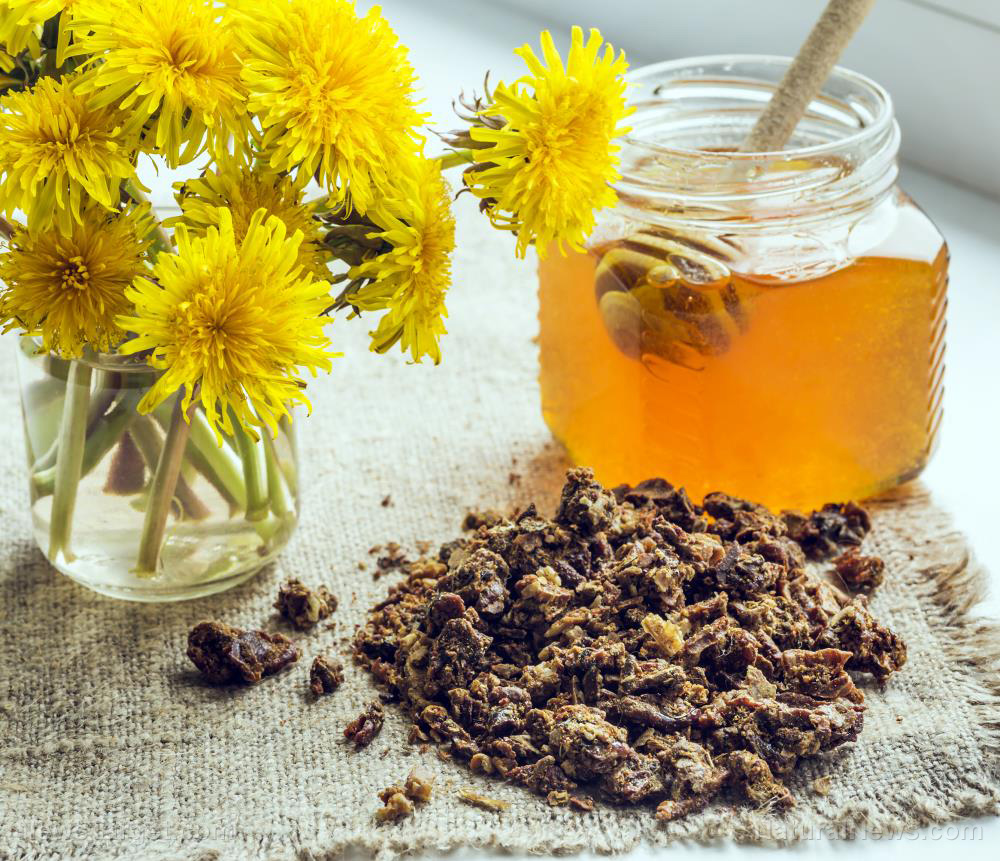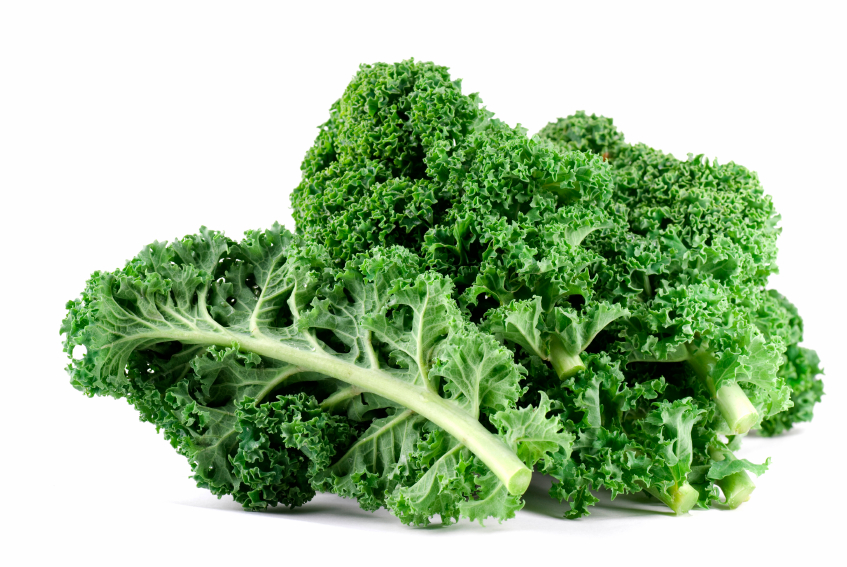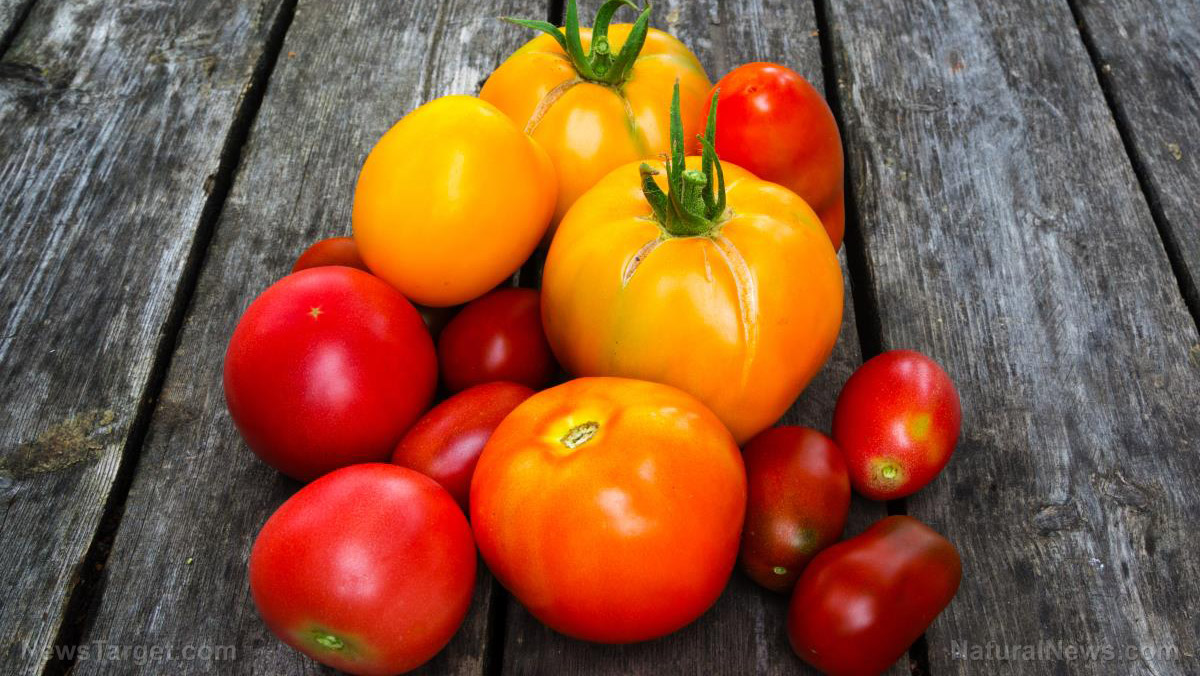Whole grains that need to be at the top of your shopping list
10/08/2018 / By Zoey Sky
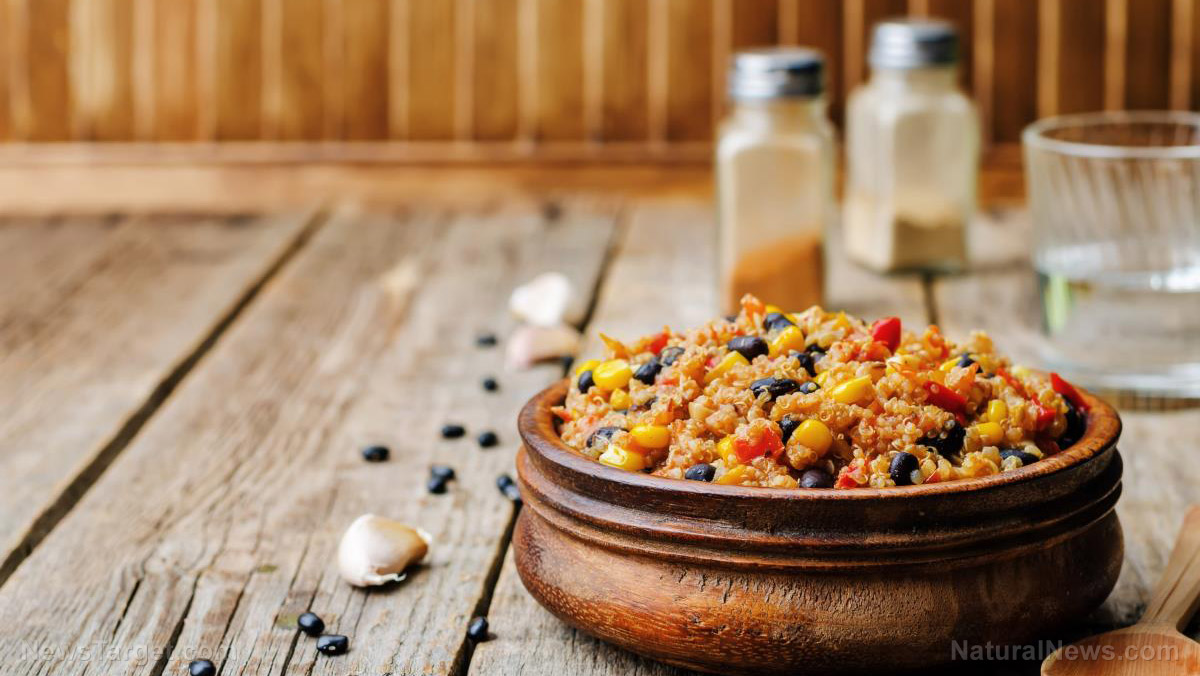
To stay healthy, you must follow a proper diet. But this doesn’t mean that you have to avoid all foods that contain carbohydrates. The important thing is to follow a diet that includes healthy grains.
Refined and whole carbs
Not all carbs are bad for you, but try to avoid anything with refined carbohydrates. Foods that contain refined carbs include candy, cookies, sugary cereals, and white bread. Consuming too many foods with refined carbs can cause weight gain, and it can even increase your risk of diabetes and heart disease.
Refined carbs can also raise your triglyceride levels, and this can make you susceptible to a heart attack, stroke, or other health problems. To prevent these conditions, make sure your diet includes whole carbs instead.
Foods that contain whole carbs include legumes, potatoes, vegetables, whole fruit, and whole grains. These healthy grains are key to the prevention of various illnesses like colon cancer, diabetes, heart conditions, and even asthma and Alzheimer’s disease.
A proper diet must include 100 percent whole grains. Start planning for your future by avoiding refined grains and consuming more whole grains to improve your health.
11 whole grains for overall health
- Brown rice – Unlike white rice, brown rice retains more antioxidants, B vitamins, magnesium, and phosphorus. The latter includes brown aromatic varieties like basmati and jasmine rice. Other kinds of rice, like black and red rice, are also good options because they are full of antioxidants. Technically considered a grass, wild rice is also considered a whole grain that’s full of B vitamins like folate and niacin. It also has more fiber than white rice.
- Buckwheat – This whole grain is a good source of minerals like magnesium, which can improve nerve functioning, and manganese, which can boost brain power.
- Bulgur – Bulgur is considered a whole grain, even though at least five percent of its bran is removed during processing. The grain can be used to make tabbouleh salad, and it is rich in iron and magnesium. Bulgur also contains fiber and protein, and it can be added to salads or soups.
- Corn – Organic whole corn is good for you because it contains B vitamins, magnesium, and phosphorus. Studies show that it can even help boost healthy gut flora. Whole corn can also help prevent diabetes, heart disease, and chronic inflammation. Yellow corn is also full of antioxidants.
- Freekeh – Freekeh is an Arabic grain that’s the low-carb form of ancient wheat. It also has about four times more fiber than brown rice. Freekeh kernels are rich in vitamins and minerals like selenium. Once freekeh reaches your stomach, it acts as a prebiotic that stimulates the growth of healthy bacteria that is crucial for digestion. You can buy it in Middle Eastern markets, natural food stores, and online stores.
- Quinoa – Quinoa is technically a seed and not a grain, and it contains more protein than most grains. Quinoa, which also contains omega-3 fatty acids, has a light and nutty flavor.
- Whole-grain barley – In a United States Department of Agriculture (USDA) study, participants who regularly consumed half a cup of whole barley reported a 10 percent decrease in their cholesterol levels compared to those who didn’t eat the grain. Make sure you buy whole-grain barley instead of “pearled,” which doesn’t have any bran or germ.
- Whole oats – Oats are full of avenanthramide, an antioxidant that can help protect the heart. When buying oats, avoid products that have high-fructose corn syrup. Opt for the unsweetened kind and eat it with some fruit or honey.
- Whole rye – Unlike other whole grains, rye has more nutrients per 100-calorie serving. Whole rye also has four times more fiber than standard whole wheat. Rye can also provide you with almost half of your daily recommended amount of iron. When buying rye and pumpernickel bread in grocery stores, look for bread with “whole rye” in the ingredients list.
- Whole wheat – Not all products labeled “wheat” are whole wheat. When grocery shopping, choose bread and pasta with “100 percent whole wheat.” Whole grain must be near or at the top of the ingredients list. (Related: Which bread is right for you? Understanding the difference between whole grain, whole wheat, multigrain, and more.)
- Whole-wheat couscous – Whole-wheat couscous is available in natural-food stores and it contains five more grams of fiber per serving compared to the refined version.
If you want to start making healthier choices today, add some of these whole grains to your diet to improve your overall health.
Read more articles about the health benefits of eating whole grains at Fresh.news.
Sources include:
Tagged Under: barley, brown rice, Buckwheat, bulgur, carbohydrates, corn, couscous, eat healthily, freekeh, Fresh, fresh foods, Healthy, nutrients, proper diet, proper nutrition, Quinoa, vegetables, whole grains, whole rye, whole wheat


